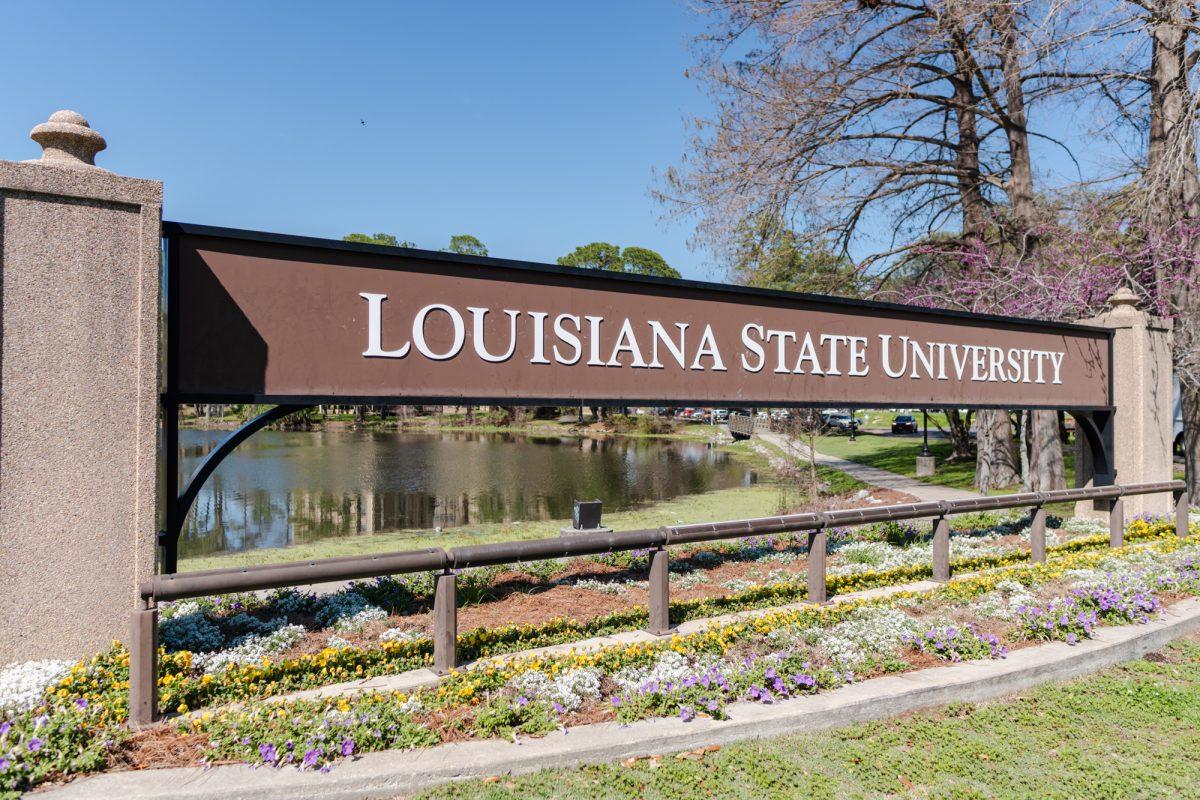Environmental sciences professor Ed Laws received the Friendship Award from the People’s Republic of China on Sept. 29 for his coastal wetlands research. The Friendship Award is China’s highest award given to foreign experts who have made significant contributions to China’s economic and social progress. Fifty people receive the award each year and are honored at a ceremony in Beijing.
Laws has been researching coastal wetlands in China, specifically in Qingdao and Xiamen, for over 10 years. His collaborations with China began when he worked with a Chinese scientist at the University on a project at University Lake. After this initial collaboration, Laws was invited to the Qingdao Institute of Marine Geology to conduct research. From there, he was asked to teach a summer course at the Hong Kong University of Science and Technology, and connected with Xiamen University.
Laws discovered China’s coastal wetlands face similar issues to coastal wetlands in the Mississippi Delta. On both the Mississippi Delta and the Chinese coast, there are concerns about the rising of sea levels.
Sea levels will rise 20 feet if the ice in Greenland melts. If the ice in the West Antarctic Ice Sheet melts, sea levels will rise another 20 feet.
A sea level rise of 20 feet would cause the entire Mississippi Delta south of Baton Rouge to go underwater. Another sea level rise of 20 feet would cause parts of Baton Rouge to go underwater, as well, Laws said. Shanghai, with a population of about 24 million, would also start to sink if the sea level rises 40 feet.
Even if major cities such as Baton Rouge and Shanghai are spared, the loss of wetlands is problematic for both the U.S. and China.
“Wetlands are a great buffer against storm surge,” Laws said. “Whenever a hurricane comes through, the wetlands are the first line of defense.”
Wetlands also have certain functions unique to the Mississippi River Delta and China. In Louisiana, the wetlands are the “sportsman’s paradise,” where people can go fishing and hunting. In China, the phragmites, or reeds, found in the wetlands are used to make paper.
“The wetlands have value for a variety of reasons,” Laws said. “Both China and the United States have lost wetlands and could be more proactive in protecting maybe even in restoring wetlands.”
While both the U.S. and China are aware of the environmental issues they face, neither country has been as serious as Laws would like, especially in preserving coastal wetlands. This inactivity partially stems from the fact that the consequences of not addressing these issues will be felt so far into the future that it doesn’t seem like a pressing issue, Laws said.
“It’s not like we need to invent something that we don’t know how to do,” Laws said. “We just need to do it.”
International collaboration is essential to preserving the wetlands in the U.S. and China.
“There’s a lot we can learn from them, and there’s certainly a lot they can learn from us,” Laws said. “It’s definitely a two-way street.”
Laws and many in the College of the Coast and Environment feel so strongly about collaborating with Chinese scientists that they are considering a formal student exchange program with China for coastal wetlands research. Such a program would allow many students to receive similar research opportunities in China as Laws.
LSU professor honored in China for coastal wetlands research
October 23, 2018
Ed Laws
More to Discover











